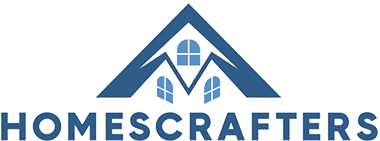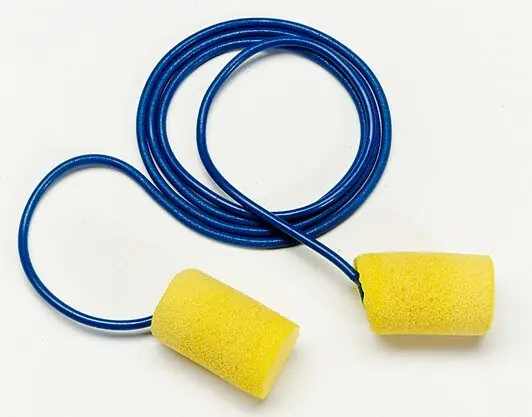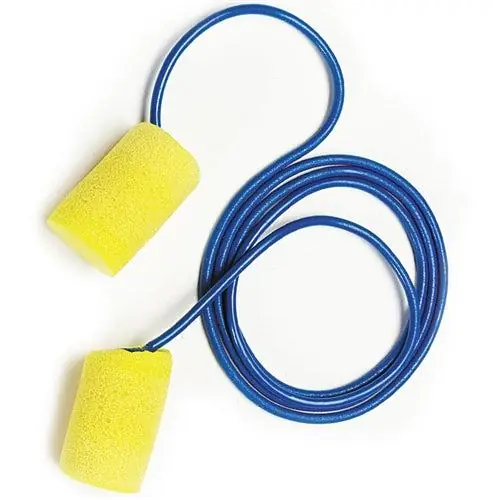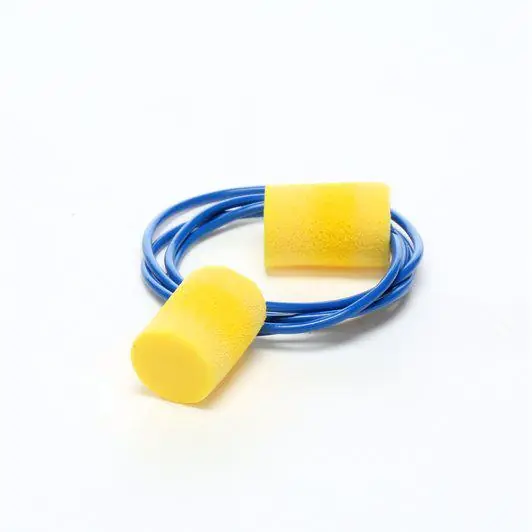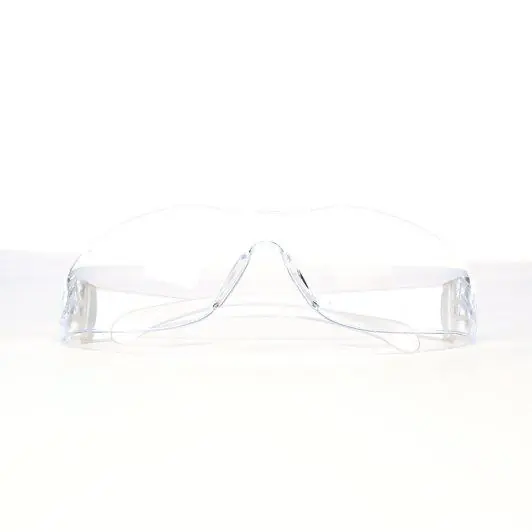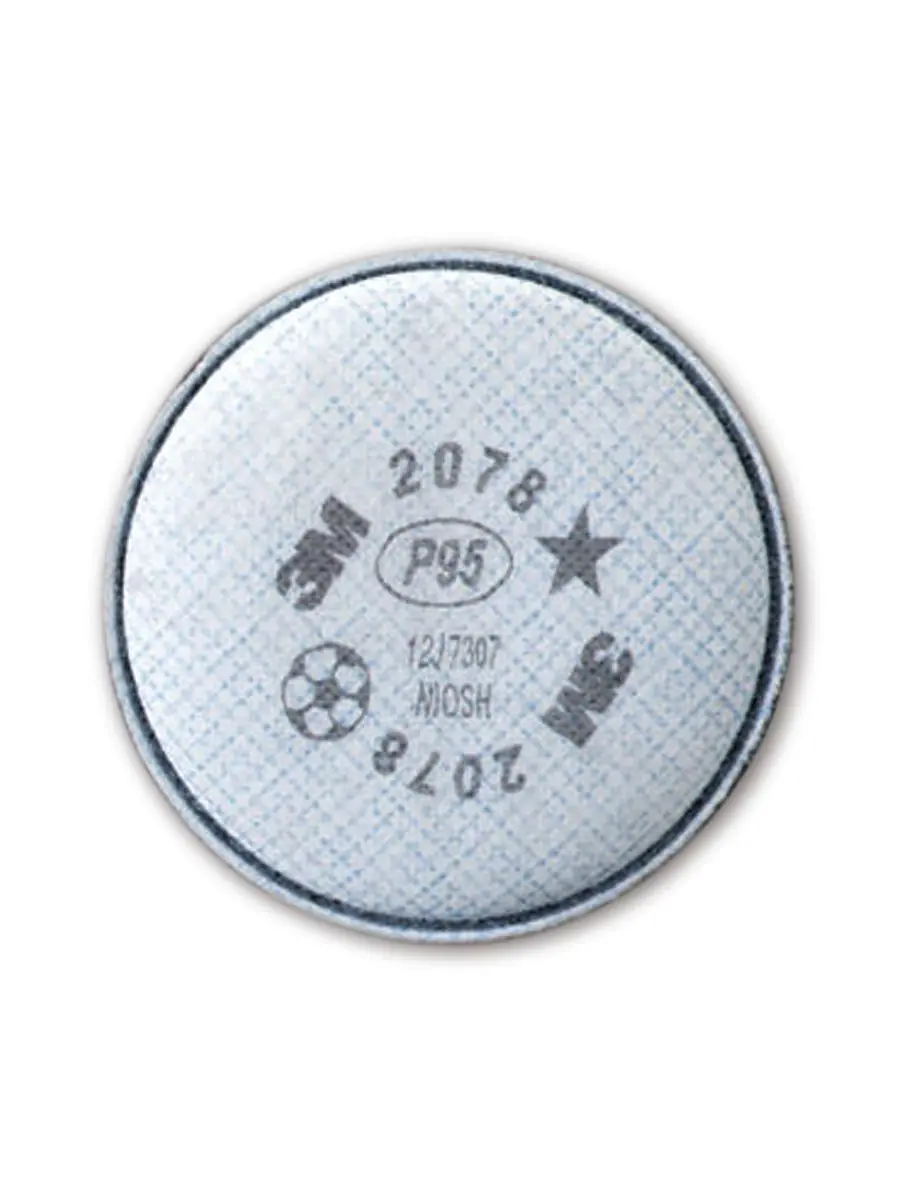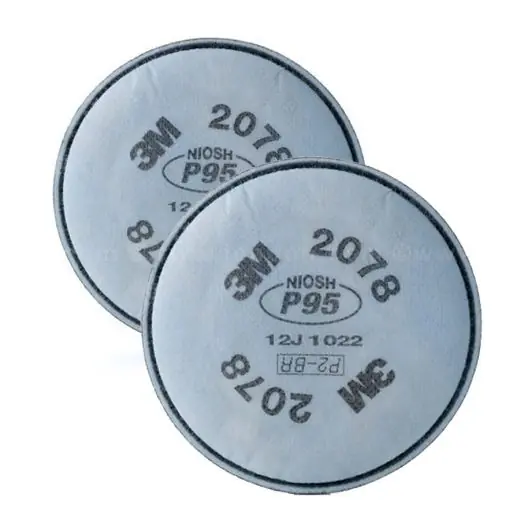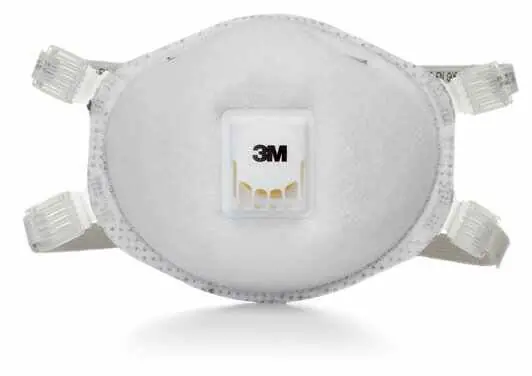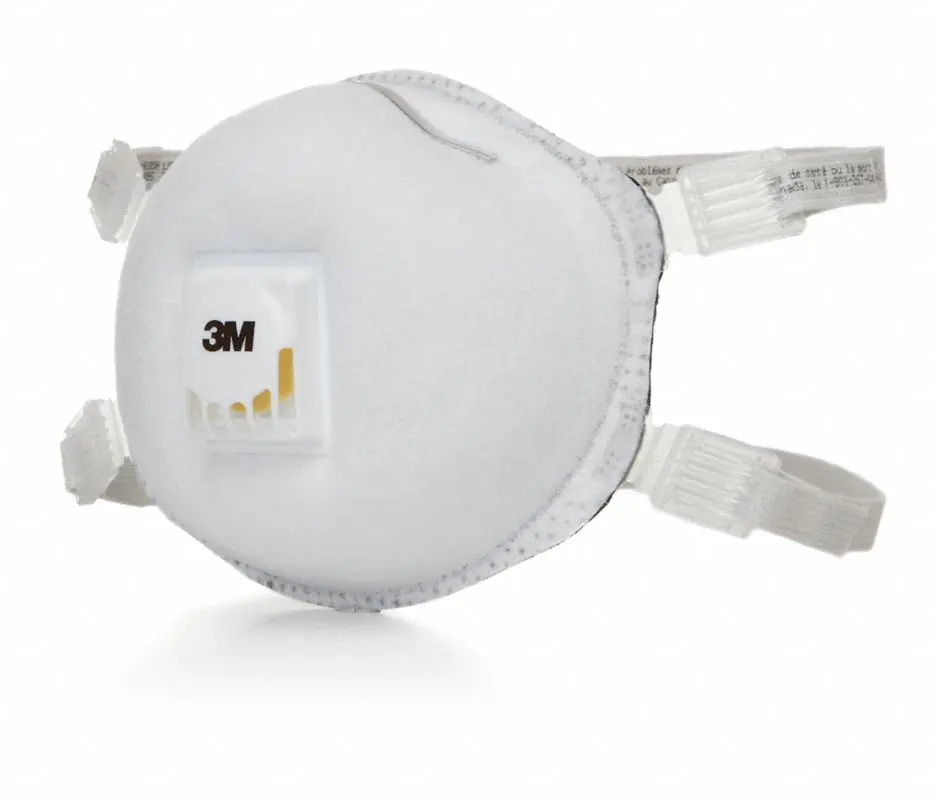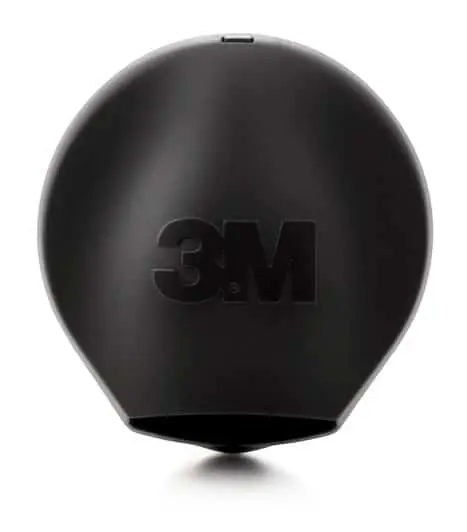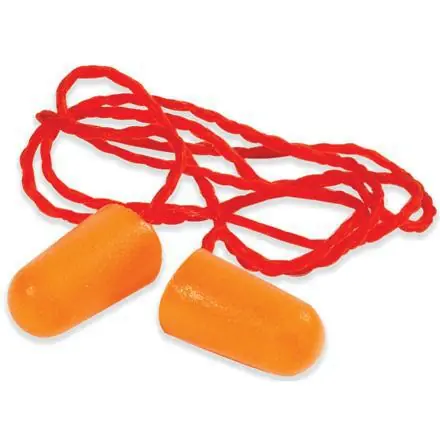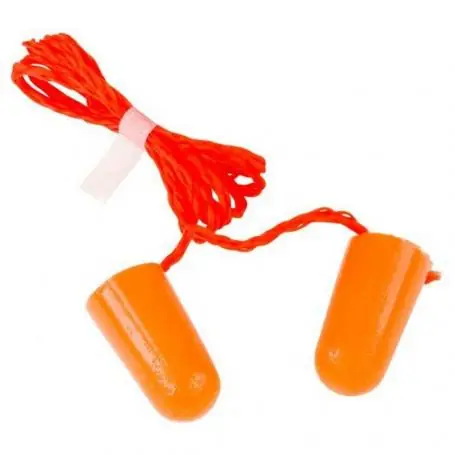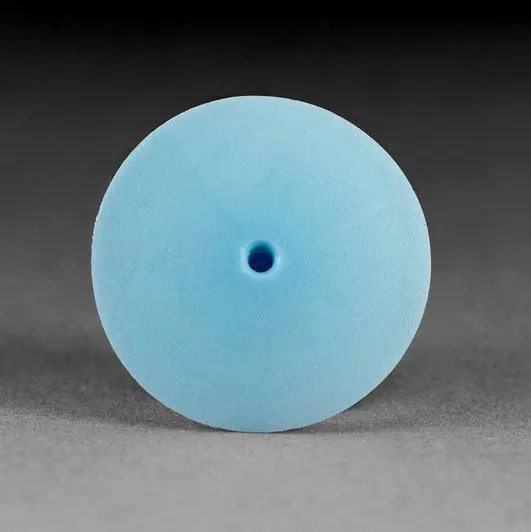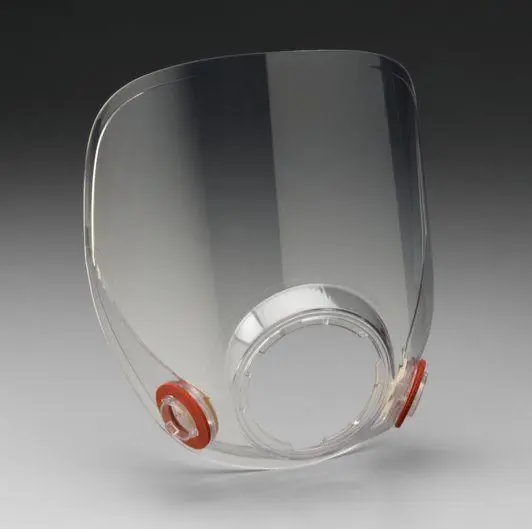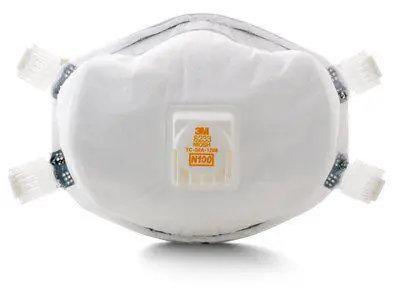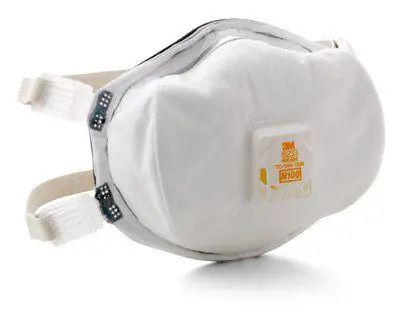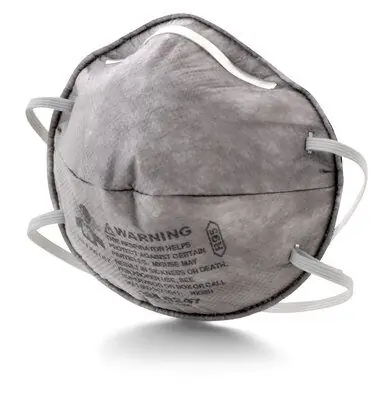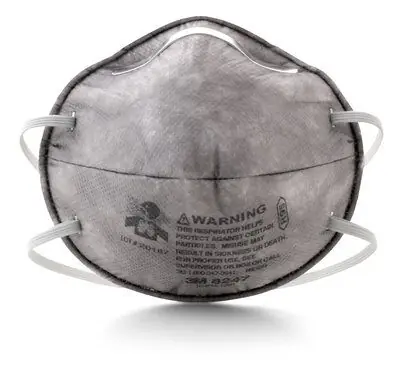- Corded for easy short term storage around the neck.
- 3M™ E-A-R™ Classic™ Earplugs set the standard in hearing protection as the world’s first foam earplugs
- Slow recovery, low pressure foam conforms to the shape of the ear canal for enhanced comfort and wearability
- Moisture-resistant—helps maintain a consistent expansion time, even in humid environments
- Flame resistant—important for potential arc flash situations and for storage considerations
- Noise reduction rating (NRR) 29 dB. CSA Class AL
3M™ E-A-R™ Classic™ corded earplugs set the standard in hearing protection as the world’s first foam earplugs. Constructed from slow-recovery foam, these disposable earplugs are uniquely moisture-resistant.
The 3M™ E-A-R™ Classic™ Corded Earplugs were the world’s first foam earplugs and are still one of the most widely used earplugs today. Slow recovery, low pressure foam fits snugly to create a noise barrier that helps protect hearing from loud sounds. The earplugs are both flame resistant and moisture resistant. Bright yellow color allows supervisors to conduct a quick visual hearing protection compliance check. Recommended applications include chipping, chiseling, drilling, furnace operations, grinding, heavy equipment operations, machining, pouring/casting, power fastening, riveting, sanding, sawing and welding. These earplugs are commonly used in the following industries: agriculture, automotive, chemicals, construction, general manufacturing, healthcare, oil and gas, and pharmaceuticals. These earplugs have a Noise Reduction Rating (NRR) of 29 dB, CSA Class AL. However, research suggests that many users will receive less noise reduction than indicated by the NRR due to variation in earplug fit, earplug fitting skill, and motivation of the user. *It is recommended that the NRR be reduced by 50% to better estimate typical workplace protection. These earplugs are test compatible with the 3M™ E-A-Rfit™ Validation System. Not only is noise present in our daily routines and recreational activities, but millions of Americans work in hazardous noise on a daily basis. Estimates from the National Institutes of Health suggest that approximately 15 percent of Americans (26 million people) between the ages of 20 and 69 have high frequency hearing loss due to exposure to noise at work or during leisure activities. Hearing loss due to noise is almost entirely preventable by judicious use of hearing protection.
